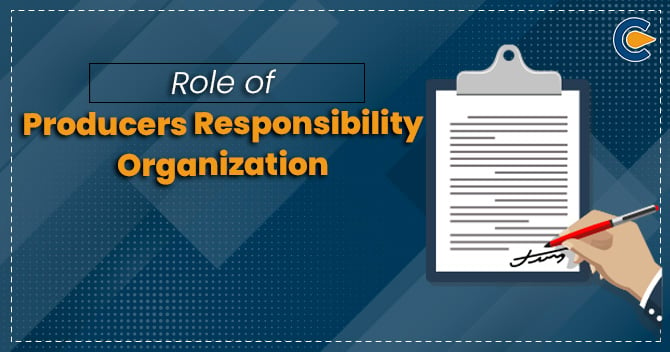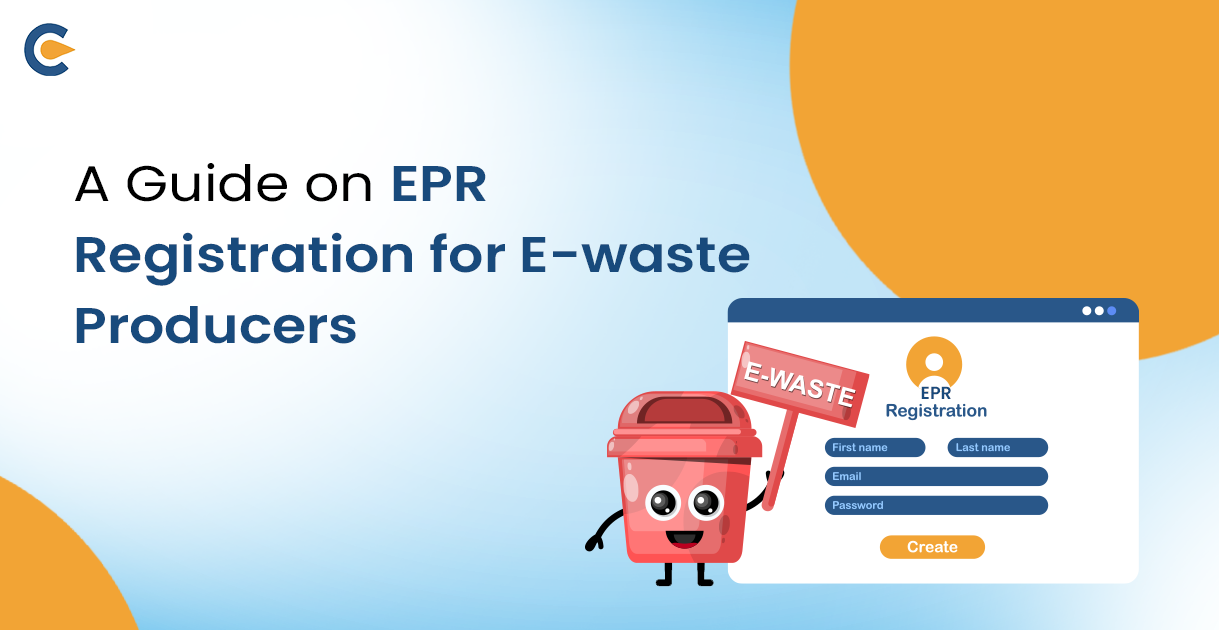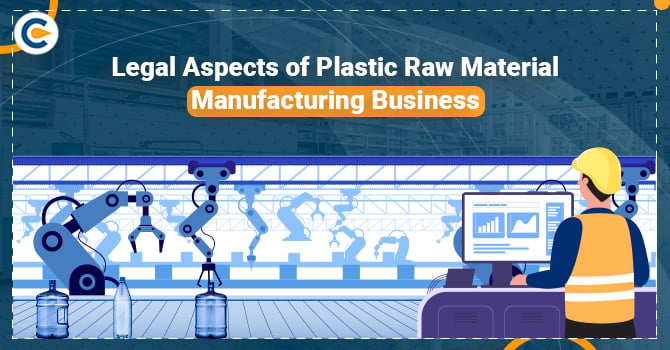Producer Responsibility Organisations are professional organisations authorised to take the responsibility for the collection, channelisation and recycling of e-waste generated from the ‘end-of-life’ EEE products to ensure environmentally sound management of e-waste. The producer/importers have been given the option to manage their EPR responsibilities either themselves or through any authorised Producer Responsibility organisation (PRO). A PRO makes an agreement with producers or a consortium of producers in the EEE sector to manage their Extended Producer Responsibility roles and responsibility as mandated by the E-Waste (Management) Rules, 2016. The key role of producer responsibility Organization includes collection and channelisation of e-waste generated from the end of life of the products to the waste processing unit. IT also helps the PIBOs achieve collection targets, setting up collection points, carrying awareness programs, etc. CPCB mentions a list of the registered PRO authorised to manage EPR responsibilities for importers and producers of electronic and electrical equipment in the country.
Role of Producer Responsibility Organization in the management of E-Waste
When CPCB authorises any Producer responsibility organisation it stipulates certain conditions on them such as
- The registered PRO shall maintain records of information like their toll-free numbers, a list of collection points and details of its reverse logistics partners and transporters along with their contact details on their websites.
- The registered PRO must maintain a record of the e-waste collected and processed and is supposed to make the data available for scrutiny by the CPCB as and when required
- All PROs need to file annual returns to the CPCB, before 30th June following every financial year.
- All registered PRO shall mandatorily comply with the provisions of the Environment (Protection) Act, 1986[1], E-waste (Management) Rules, 2016, E-waste (Management) Amendment Rules, 2018 other applicable regulations and CPCB guidelines issued from time to time concerning the above rules.
- Renewal of Registration of PRO must be made 60 days prior to the expiry of the Registration.
- CPCB has the right to cancel amend or revoke a PRO registration at any time if the PRO is found to be in violation of the E-Waste (Management) Rules, 2016 any amendments thereafter or any of the guidelines issued by CPCB.
Role of Producer Responsibility Organization in the EPR Compliance.
When a PRO agrees to manage the EPR of a producer or a consortium of producers, it agrees to undertake all the extended responsibilities of its client like
Setting up Collection Points: The collection points include the source from where e-waste is collected (Bulk Consumers, Retail consumers, Kabadiwala, retail traders and service centres). These spots can act as dumping/ exchanging points for the scrap, which is no longer needed by the consumer in exchange for its scrap value. This e-waste is then forwarded to aggregators and recyclers of e-waste.
Dismantling and Recycling: In the case of WEEE the waste is collected by the PRO and sent for dismantling/recycling/ chemical recovery in the PRO owned facilities or to their channel of authorised recyclers who specialises in a particular kind of waste recycling.
Transportation: The role of producer responsibility Organization also includes helping with the logistics and transportation of e-waste from the collection points, and managing the recycling channel through a channel of vendors.
Providing Reverse Logistics: The logistics chain that moves used and discarded goods from customers back to the sellers or manufacturers is reverse logistics. In the case of EEE, the PROs also provide this facility that can lead to efficient recycling and use of valuable spares.
Constructing EPR plans: CPCB has mandated submitting an EPR plan by the PBIOs before granting them consent. PRO can help the PIBOs design and create a plan specific to their client.
Helping PIBOs in filing quarterly and annual targets. Quarterly and annual targets need to be reported to the CPCB. The role of producer responsibility Organization can involve preparing and filing proper target estimates for the PIBOs.
Accomplishing collection targets: the Role of producer responsibility Organization can also include helping PIBOs strategise collection mechanisms to achieve their required targets as mandated by the CPCB.
Creating Awareness among Consumers and Waste Generators: this is a proactive step in e-waste recycling that aims to educate the consumers about healthy practices like
- Separate waste at the source
- Educate them on the types of waste
- Actively encourage generators of e-waste to adopt sustainable practices
- Adopting sustainable waste management practices by bulk consumers.
Helping PIBOs innovate: Another role of the producer responsibility Organization is to maintain comprehensive data of the waste it manages. Such data management practice by the PRO can help the producers design and innovate their products to become more eco-friendly.
Documents required by PRO for authorisation.
PROs can apply for registration to the CPCB according to the rules specified by the CPCB as per the E-waste (Management) Amendment Rules 2018. A PRO will need to fill a detailed PRO Application Form mentioning the following
- Name and address of the PRO
- Name and address of the authorised person,
- Category of the waste electrical and Electronic equipment it will be handling
- Details of Channel Partners
- Capacity in terms of collection, storage, transportation, and the capacity of dismantlers and recyclers with whom it has an agreement.
- PAN and GST number
- Details of Organisational Structure
- Details of collection mechanism, website, toll-free numbers.
Secondary Role of Producer Responsibility Organisation
- Additional role of producer responsibility organisation can include developing safe and healthy recycling infrastructure. PROs may implement a collective compliance system where a single recycler is appointed to recycle a particular category of e-waste because of the economics of scale. While some PROs may also appoint multiple recyclers to reduce dependency on a single unit. In both cases, the recyclers are forced to implement industry best equipment and standards in waste management practices
- Apart from fulfilling the EPR for Producers, a PRO can perform other related functions like plastic recycling, data destruction and compliance management.
- PROs also aid environmental agencies like the CPCB through their data management by helping the agencies keep a check on the stakeholders (PIBOs) and helping them make informed decisions related to existing environmental policies and timely changes if needed.
Conclusion
We now see that Producer Responsibility Organization is an essential link between the producer and the consumer in the EEE market. Their unique approach to recycling e-waste was one of the reasons the E-Waste (Management) Rules, 2016, emphasised the role of Producer Responsibility Organisation. If a producer takes responsibility for its EPR, it may have to deal with many factors in the market where it may not have the expertise. A PRO can remain unbiased in its approach and perform the essential task of waste management in the country. The role of the Producer Responsibility Organisation is also to help create a practical framework in light of the recent national framework proposed by the Government of India. Streamlining the e-waste recycling market, providing a stable source of income to informal sector workers like kabadiwalas and coming up with innovation in the field of waste processing and waste to energy (WTE) sector is also an additional role of producer responsibility organisation.
Read Our Article:How to become Producer Responsibility Organization?











